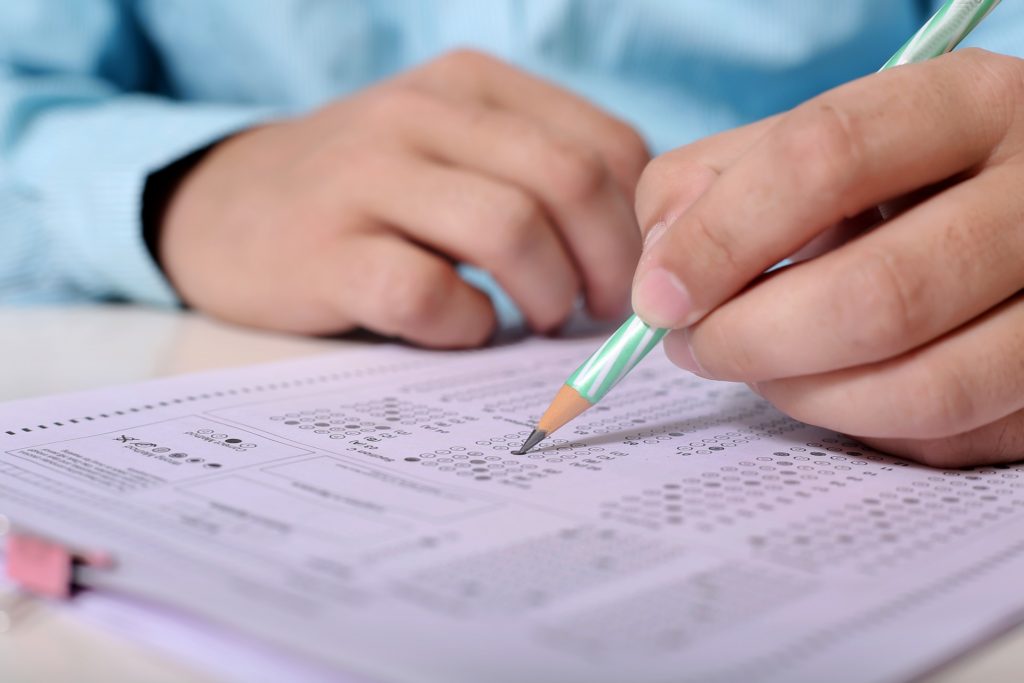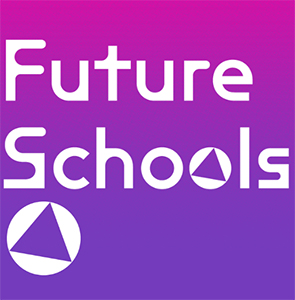Ensuring a future of fairness and equity by Jen Buchanan

The ATAR is a rank. It is a number that indicates a student’s academic achievement in relation to other students. Australia is the only country in the world that ranks its students against each other for university entrance. Other countries use scoring systems, but they don’t force students to compete against each other for a place in tertiary education.
The underlying flaw with ranking students against each other is that to assess students on the same content they need to be learning from a standardised curriculum which is then examined as a single body. Opinion is divided across Australia regarding whether this is the best model of educating for the future and ensures equity and fairness for all our young people. The underlying issue with a standard curriculum is who determines “what is standard” in an evolving future?
To illustrate this point, step back to 1978 for an episode of Diff’rent Strokes. In Season One, Mr Drummond is forced to confront prejudices he is unaware of. He sends Arnold and Willis to an elite prep school, only to learn that they fail the entrance exam. Arnold doesn’t make the grade when asked “How many people can you fit in a 3-bedroom apartment with a double bed in each room?”. He answers “Eighteen”, to a bemused looking Mr Drummond. Arnold then clarifies his answer: “Eighteen: three in each bed, two on the floor, six on the couch, and one person sleeping in the bathtub”.
The ATAR as the only measure of a student’s learning is a poor metric. A government-commissioned report Looking to the Future recommends introducing a “Learner Profile” to reflect a broad range of skills and capabilities and attributes to supplement to the ATAR, and to serve as the basis for a digital “Education Passport”, which would track people’s qualifications and experience throughout their lives. It is a step in the right direction, however we need to unshackle ourselves from the need to constantly measure, grade and assess young people.
The report raises a challenge expressed by educators about how skills would be assessed in a school setting, and could be recorded consistently and equitably, particularly when learning took place outside the school. Included in the report is an example of proposed capabilities including leadership, creativity, ethical understanding, intercultural understanding, personal and social capability. Recognised by many, these are in-demand skills of future workplaces as they are skills of the heart – our human skills, the skills which cannot be automated or replicated by technology. Nor should these skills be assessed, as they are ever evolving and organic, they are what make each of us human and unique.
Considering the introduction of a Learner Profile that supplements a highly competitive ATAR score, there is an opportunity to create a new paradigm: one where Australia shifts from having one of the most highly competitive education systems in the world, to creating a far more equitable system where students are put in the driver’s seat of their own education. However, we must do this cautiously and ensure the proposed Learner Profile is not a rigid list of capabilities, with an emphasis on comparative measures and externally assessed through levels. This would be unethical, remove student agency and would not value the unique skills that make each of us human. Our thinking must not be geared to pre-determining what we consider are important attributes for our young people’s future. The future is uncertain and there are no answers. We do, however, have the flexibility to allow a young person how to explore their interests, without the pressure of imposing our values and world-views relevant only in 2020.
This is a time of historic importance and collectively around the world we have been given a unique opportunity to take a collective pause. From this pause, there is an urgency to recognise our young people are experiencing ongoing disruptions to their education and need to be schooled differently. The current crisis highlights a very real pandemic of gross inequity across different sectors of our society. We need to respond ethically and approach education from emotional competency, not an existing model of knowledge acquisition and human data. This not only is a model born of the industrial age, it is a model that reflects pre-COVID times. We have moved on.

